Old problems remain, along with some new ones.
The linking of Aadhaar with the Public Distribution System (PDS) was hailed as a major step to reduce pilferage of entitlements under the National Food Security Act. It is to be kept in mind that this system is especially crucial for low income to poor families across India, which depend on it for survival. The cases below were covered during a survey conducted by Jean Drèze and Reetika Khera, analysing the new Aadhaar linked grain distribution system in eight districts of Jharkhand. Our team covered eight villages across two districts of Jharkhand.
Quantity fraud
This is a trend common to every village surveyed. The dealers often cut up to 0.5 to 1 kg per ration card in a family. Ration card holders accept the deduction as a form of a “service charge” levied by the PDS dealer for the transportation and unloading expenses supposedly borne by them. However, in most cases the dealers avail of the government’s doorstep delivery, incurring zero to minimal cost in the process. It seems the problem is not just prevalent among individual dealers, but also Mahila Mandals, which run the dealerships. “The members of the mandal get proper ration month on month,” laments a cardholder of the PDS dealership, Kusum Mahila Mandal, in the village of Kaitha in Ramgarh District.
On request of anonymity, a PDS dealer in the sample hints that members of the Mahila Mandal collude with the PDS officials in siphoning off grains. “We don’t want any trouble as we are poor ourselves, it would be unwise to comment on anything where everyone is involved,” says the source.
Ration receipts could be valuable proof for the cardholders to safeguard their rights. However, we observed that it’s rare for people received transaction receipts. “We do not get any receipts. The receipts are torn by the dealer as soon as they are printed,” says a cardholder from Rajabar. In addition, there is little awareness about the benefits of keeping receipts. When dealers were questioned, they refuted these statements, pinning the blame on the cardholders for not keeping the receipts.
In sum, Aadhaar linking has been of little success in reducing quantity fraud. In the end, it is the PDS dealer who determines the quantity of grain.
Fatima Khatoon, a widow is a resident of Shivpur. She has a family of seven and goes to a nearby town for work. Since the POS machine was introduced, she stopped receiving grains. The only POS-able member was her daughter, who was studying in another city. Her daughter had to be called back to the village, her studies left in a state of limbo, for their family to withdraw their monthly ration. Under the old system, any member of the family could withdraw grain on their behalf. Then there is Jarina Khatoon, in Shivpur, a 60-year-old widow, partially deaf, who lives with her family. The POS-Machine declines her fingerprints and the phone number linked to the account is incorrectly fed. It becomes particularly important to address the issues faced by widows and those who have disabilities.
Aadhaar linking has been of little success in reducing quantity fraud. In the end it is the PDS dealer who determines the quantity of grain.
In village Lolo, Ramgarh District, cardholders travel about 7km to another village, Gandke to receive grain from the dealership there (Bishnu Mahila Vikas Sangh). As the dealership was under transition from offline to POS online in the month of May, cardholders failed to receive grain for that month. “We don’t know if we will get the carryover grain from May in June. Often the dealer says that only this month’s grain is available,” says Kiran Devi, one such cardholder. When cardholders are aware of the carryover rule, dealers often cite lack of stock. “If we complain individually, the dealer will single us out. And no one in the village wants to risk complaining to the authorities,” says a cardholder.
It is also important to know that the dealer is in a position of incredible power, being well connected with the local authorities, for the cardholders. In village Mael, Ramgarh District, there were ration cards on which the dealer had manually struck names, which is illegal. The dealer in question, Naresh Bhagat, also the owner of the gas dealership, provides gas connections to many of these households. On being questioned he feigned ignorance and failed to come up with any plausible explanation.
The Aadhaar-based authentication system brings with it a host of such issues.
Dealers’ woes
The cardholders are not the only ones facing issues. A dealer in Lari Kalan, showed us the picture of rotten rice being delivered to his shop. “Every month close to 30-40kg of rice is lost to due to poor quality. We have to compensate by then deducting ration accordingly,” says the dealer.
Bishnu Mahila Vikas Sangh, a dealer in village Gandke, Dist. Ramgarh had transitioned in May from the register system to the new POS machine. However, grain distribution has become incredibly difficult due to poor connectivity. “During grain distribution, I move with a troop of 50-60 cardholders, from mountain to mountain, to get a signal. Wherever I get the signal, I print the receipt and the grain can be collected by them the next day,” the dealer says. The new system seems to be full of such issues, with “tower problems” being a major hindrance to distributing grains.
Almost all PDS dealers interviewed criticised the new Aadhaar-linked system for causing delays in grain distribution.
The dealers also complained about lack of proper training provided. “We were only taught about switching on the machine and switching it off. We had to learn the OTP function ourselves,” says Naresh Bhagat, a PDS dealer in Mael. Kusum Mahila Mandal, a PDS dealer in village Kaitha, Ramgarh District, does not distribute grain to people who fail to authenticate their fingerprint. “We don’t know how to use the OTP function of the machine, hence we don’t give grains through that,” says a member of the Mahila Mandal.
Almost all PDS dealers interviewed criticised the new Aadhaar-linked system for causing delays in grain distribution. “The government must take action to correct issues of connectivity and authentication. The people due to these reasons are facing a lot of issues,” says a PDS dealer from Lari Kalan.
Need for Urgent Action
The new Aadhaar-linked grain distribution does little to counter issues faced by cardholders. Instead of plugging leaks in the public grain delivery system it has coupled the issues of Aadhaar-linked authentication with the grain distribution. As this article demonstrates, socially disadvantaged people such as widows and the disabled are at a higher risk.
Many households are left in the lurch because of their inability to update their phone number in the ration card or link the ration card with Aadhaar cards.
The paucity of information and awareness amongst ration card holders on the National Food Security Act further enables opportunistic dealers and local authorities to manipulate the situation to their advantage. The lack of information displayed outside PDS shops and the absence of digital weighing scales (which should be linked with POS-machine) are some other issues that require attention. Many households are left in the lurch because of their inability to update their phone number in the ration card or link the ration card with Aadhaar cards. There have been families who have had to pay ₹100 per card member for Aadhaar linkage.
However, due to the electronic records captured by the POS machine, it has become very easy to access the data on entitlements received by every households. Once they are made aware and the loopholes in the system addressed, cardholders can use this information to protect their food entitlements. These issues must be addressed by the authorities for the benefit of the lakhs of ration cardholders who have been left with massive disadvantage, unable to access their entitlements and denied their rights.
http://www.huffingtonpost.in/saksham-singh/how-the-aadhaar-pds-linkage-has-compounded-the-ration-woes-of-jh_a_23057458/
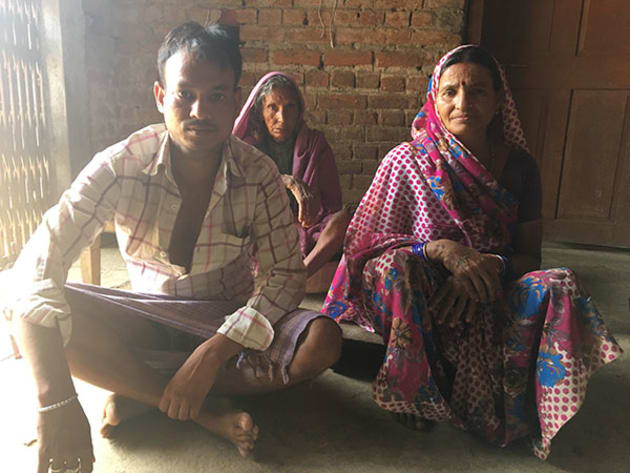
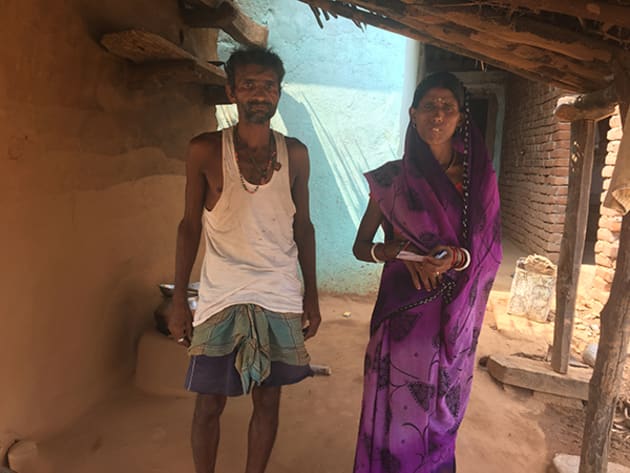
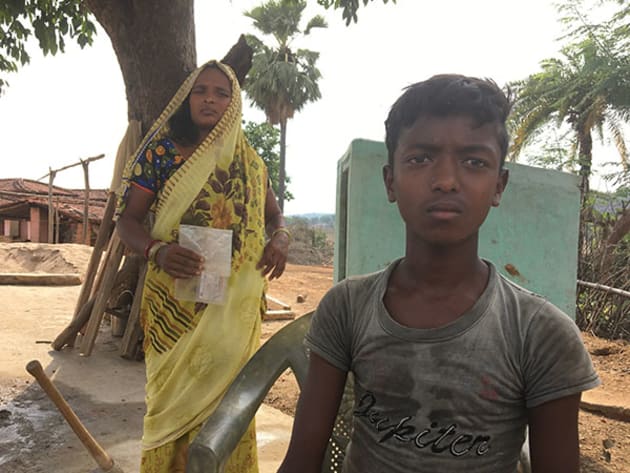
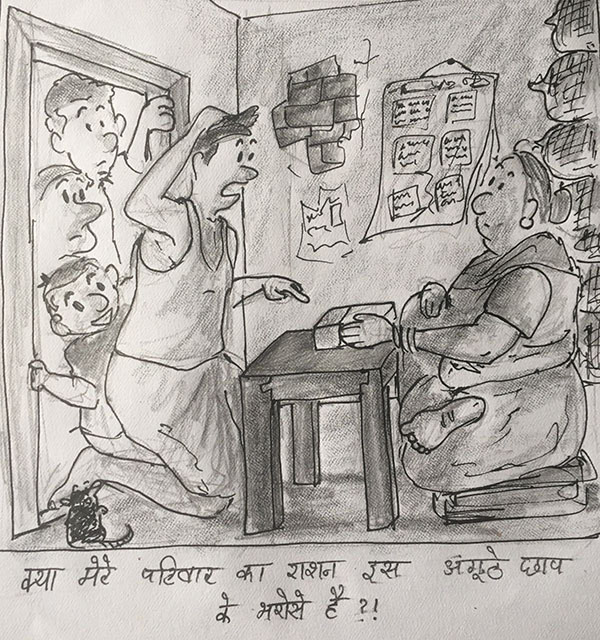
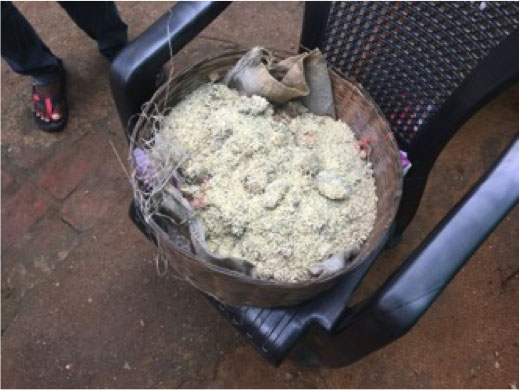
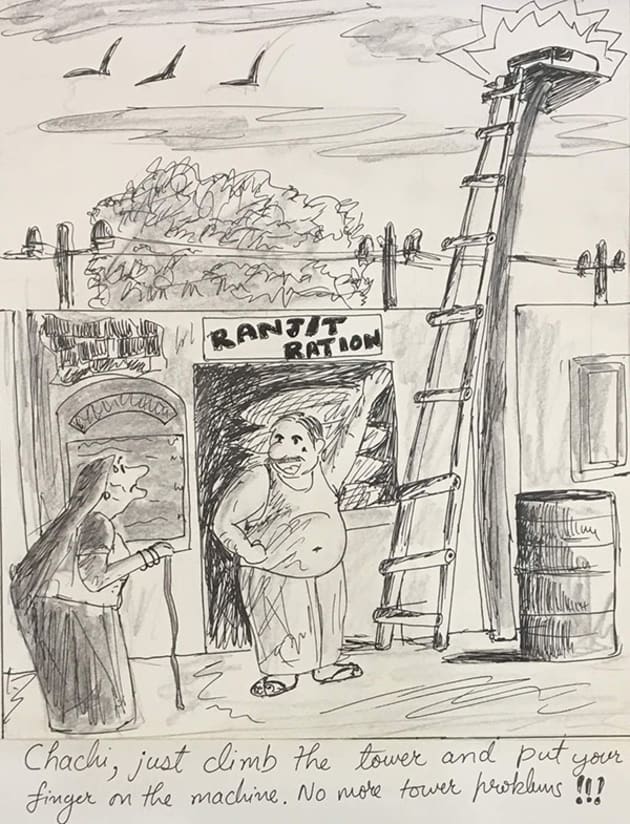
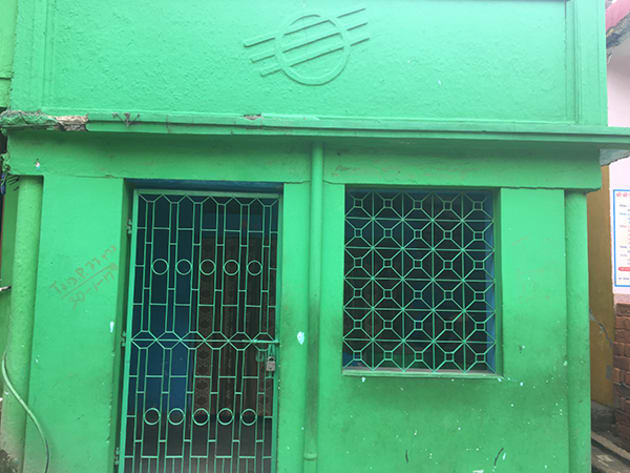
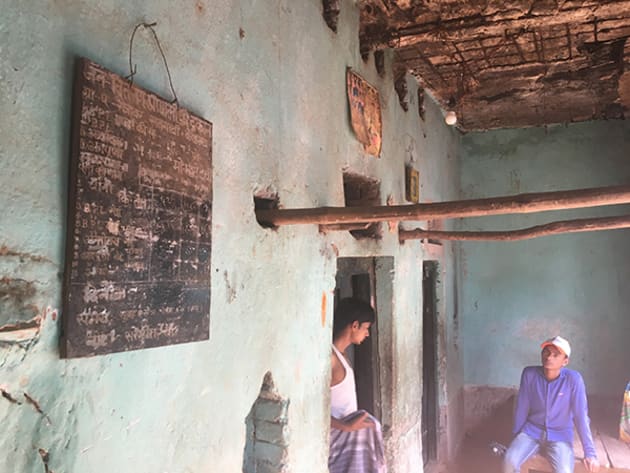
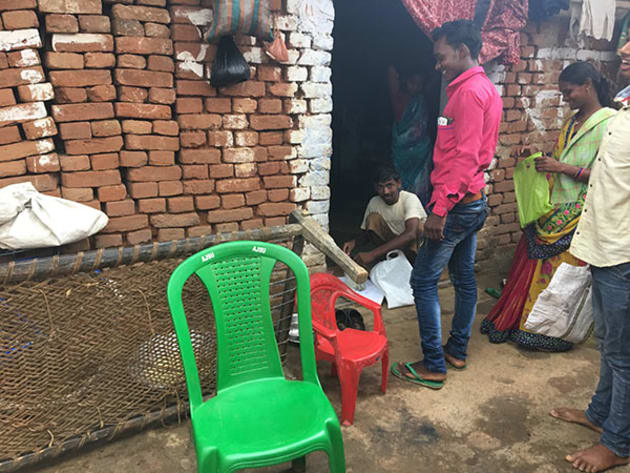
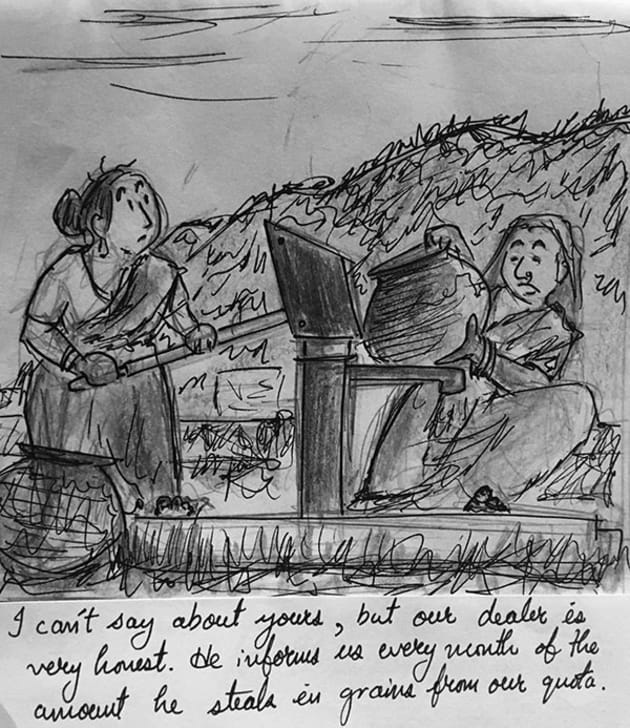
August 4, 2017 at 4:16 pm
The complications have not only increased, but the people have also suffered due to lack of food items due to non- working of the linkage due to various reasons.